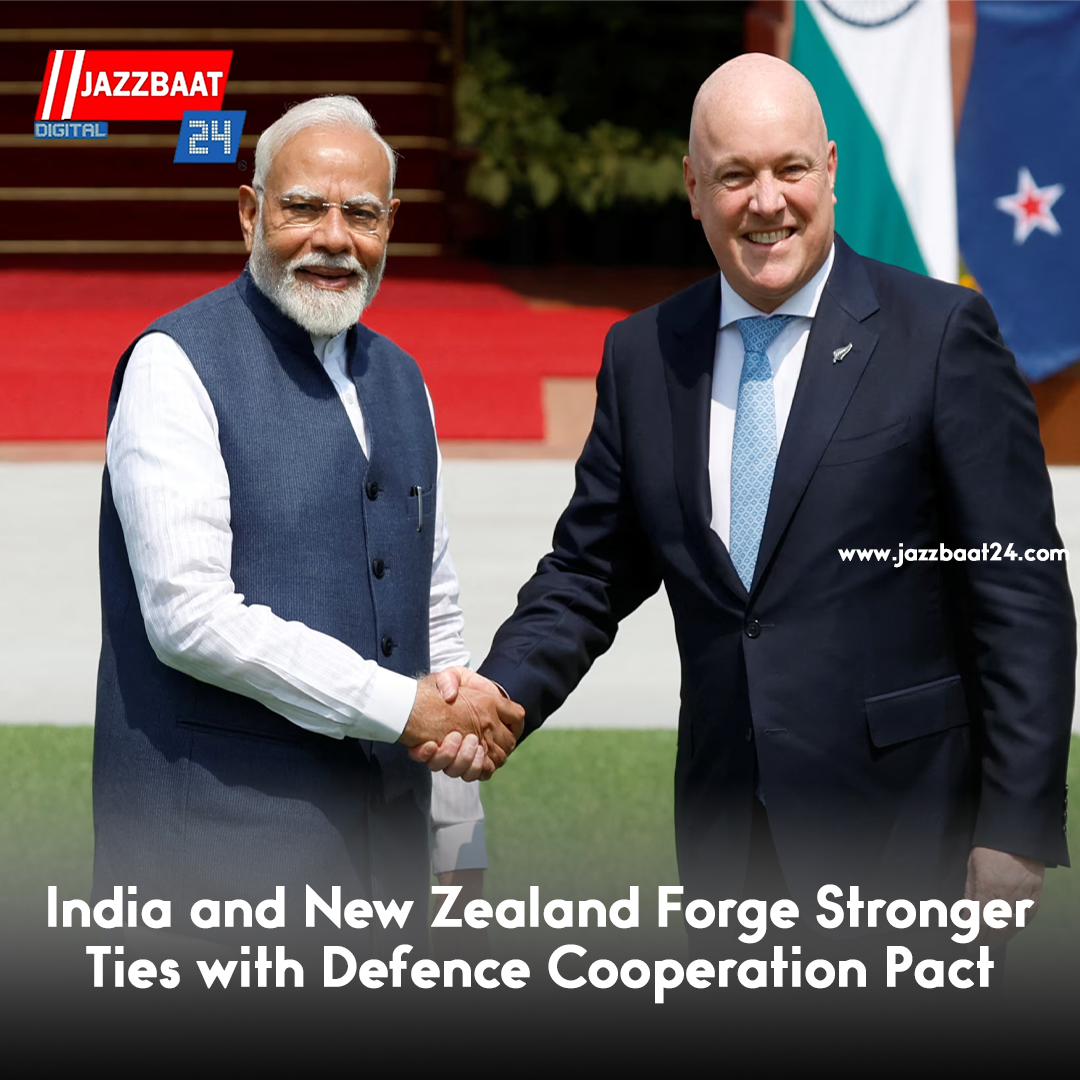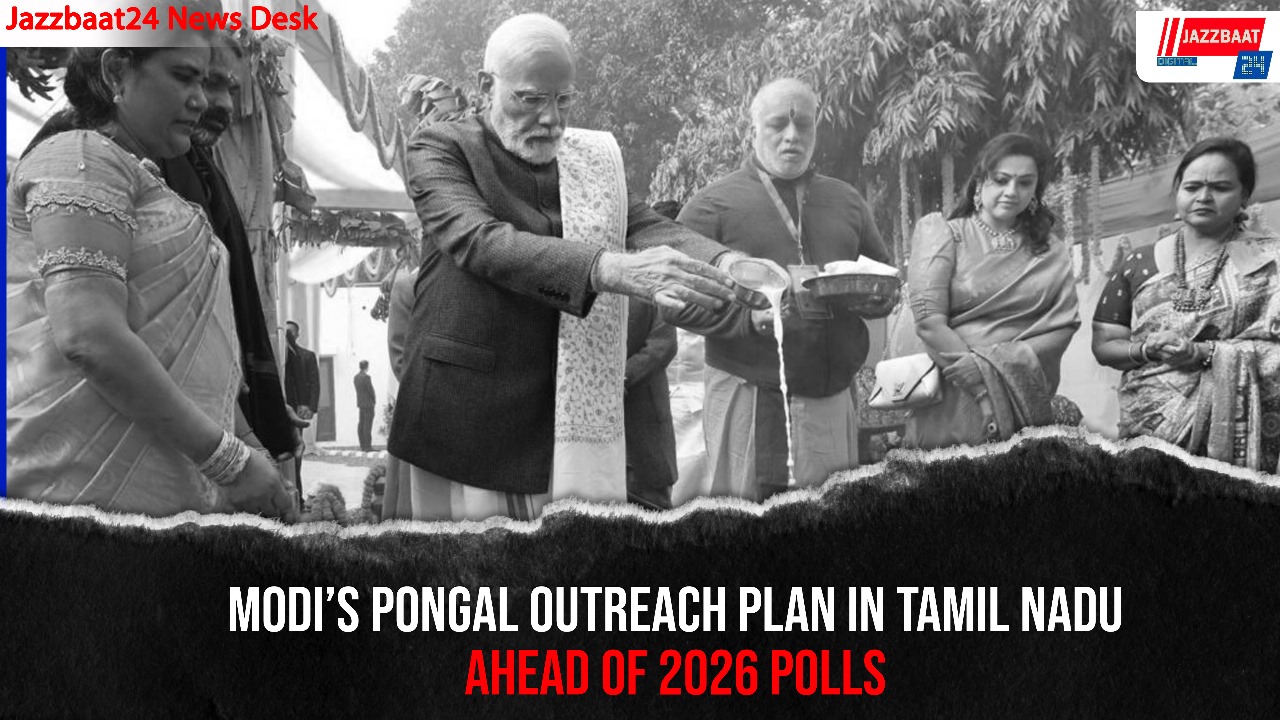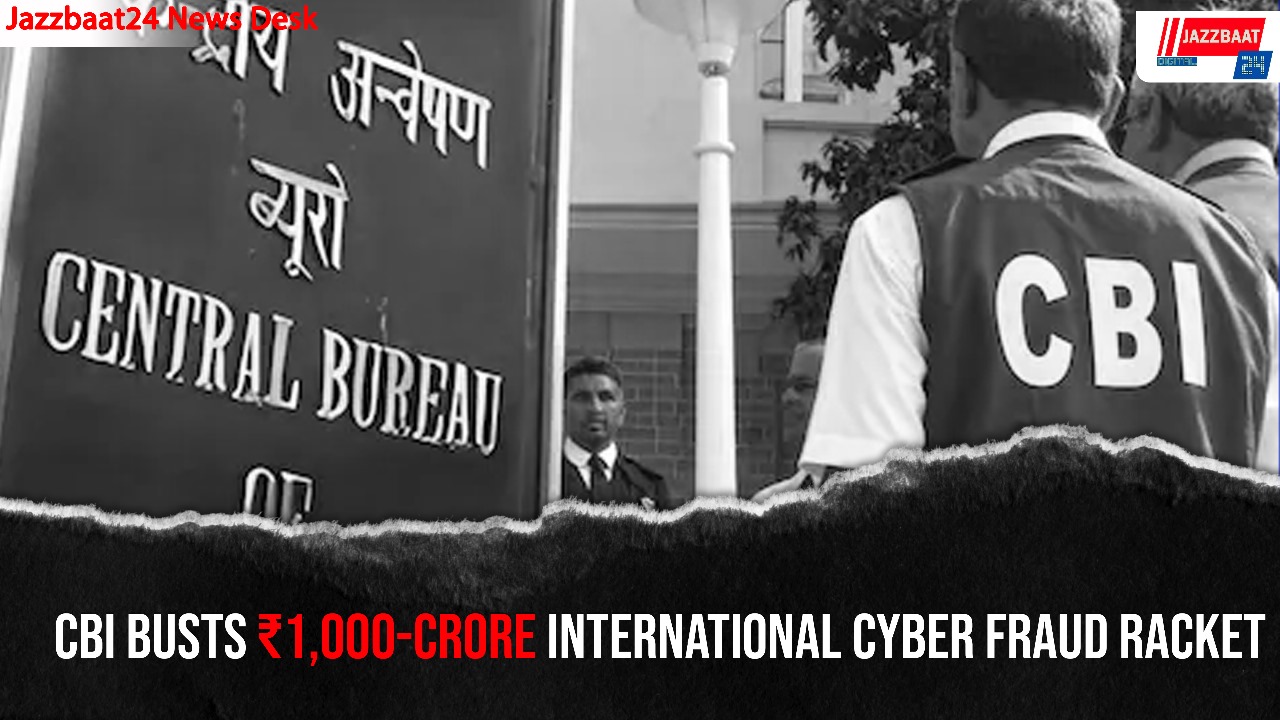India and New Zealand have made a significant advancement in fortifying their strategic alliance by finalizing a defense collaboration agreement. This significant deal was concluded during the visit of New Zealand Prime Minister Christopher Luxon to India, where he conferred with Prime Minister Narendra Modi. The agreement is designed to boost military cooperation, enhance maritime security, and strengthen diplomatic ties between the two countries.
The accord will enable joint military exercises, ongoing exchange programs for defense personnel, and coordinated initiatives in ensuring maritime safety. Both nations acknowledge the necessity of safeguarding crucial sea routes and maintaining stability in the Indo-Pacific region.
Modi highlighted the importance of counterterrorism efforts, reflecting on past incidents in both countries, such as the Christchurch shootings and the 2008 Mumbai attacks. He asserted that terrorism in all its forms is intolerable and reaffirmed India's dedication to collaborating with New Zealand to eliminate extremist elements.
Alongside the defense agreement, the two leaders declared the resumption of negotiations for a Free Trade Agreement (FTA), which had been inactive for more than ten years. This endeavor is anticipated to enhance trade connections and supply-chain synchronization between the two countries. Bilateral trade between India and New Zealand reached $873.4 million in the previous fiscal year, and renewed FTA discussions aim to significantly elevate this figure.
Luxon expressed hope that an FTA would generate employment and offer improved economic prospects for businesses in both nations.
The leaders also reiterated their common vision for a free, open, and thriving Indo-Pacific. They concurred on holding regular high-level discussions on maritime security and collaborating on ensuring safe navigation routes.
New Zealand welcomed India's involvement in the Combined Maritime Forces, showcasing its commitment to regional security and stability.
Beyond defense and trade, the talks encompassed various fields of collaboration. Both countries agreed to bolster ties in education by fostering partnerships between universities and research institutions. India acknowledged New Zealand’s initiatives in delivering quality education to Indian students and underscored the potential for deeper academic cooperation in science, technology, and innovation.
Moreover, both nations stressed the significance of disaster management and climate resilience.
New Zealand expressed its support for India's leadership in the International Solar Alliance and the Coalition for Disaster Resilient Infrastructure. The leaders emphasized the need for collaborative research and technology sharing in areas like renewable energy and environmental sustainability.
Sporting matters also featured prominently in the discussions, with both nations agreeing to enhance cooperation in sports training, coaching exchanges, and talent development. Acknowledging their longstanding cricketing relations, they introduced plans to celebrate 100 years of sports collaboration in 2026.
Modi raised alarms over anti-India activities conducted by certain illegal groups in New Zealand, urging the Luxon administration to implement strict measures.
The signing of the defense cooperation agreement and the revitalization of FTA negotiations signify a new chapter in India-New Zealand relations. These advancements reflect a collective vision for enduring peace, stability, and economic development in the region.
Both nations have demonstrated their commitment to enhancing their partnership, with high expectations for the results of this renewed collaboration as the world observes closely.





